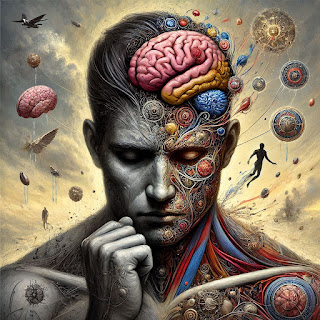Life: Reality of Racism

Racism , as both a belief system and a social construct, has plagued human societies for centuries, creating divides that have led to conflict, oppression, and suffering . Despite the historical prevalence of racist ideologies, a growing body of scientific evidence demonstrates that there is no biological foundation for racism. The human species, as a whole, is fundamentally more alike than it is different. To begin with, it is crucial to clarify what “race” means in a sociological and biological context. Scientifically speaking, the concept of race has been deemed a social construct rather than a biologically valid classification . While people may categorize themselves and others based on physical characteristics such as skin color, hair type, and facial features, these traits represent a tiny fraction of our genetic makeup. The Human Genome Project, a landmark scientific endeavor completed in 2003, mapped the entire human genome and ultimately revealed that humans share approxi...




